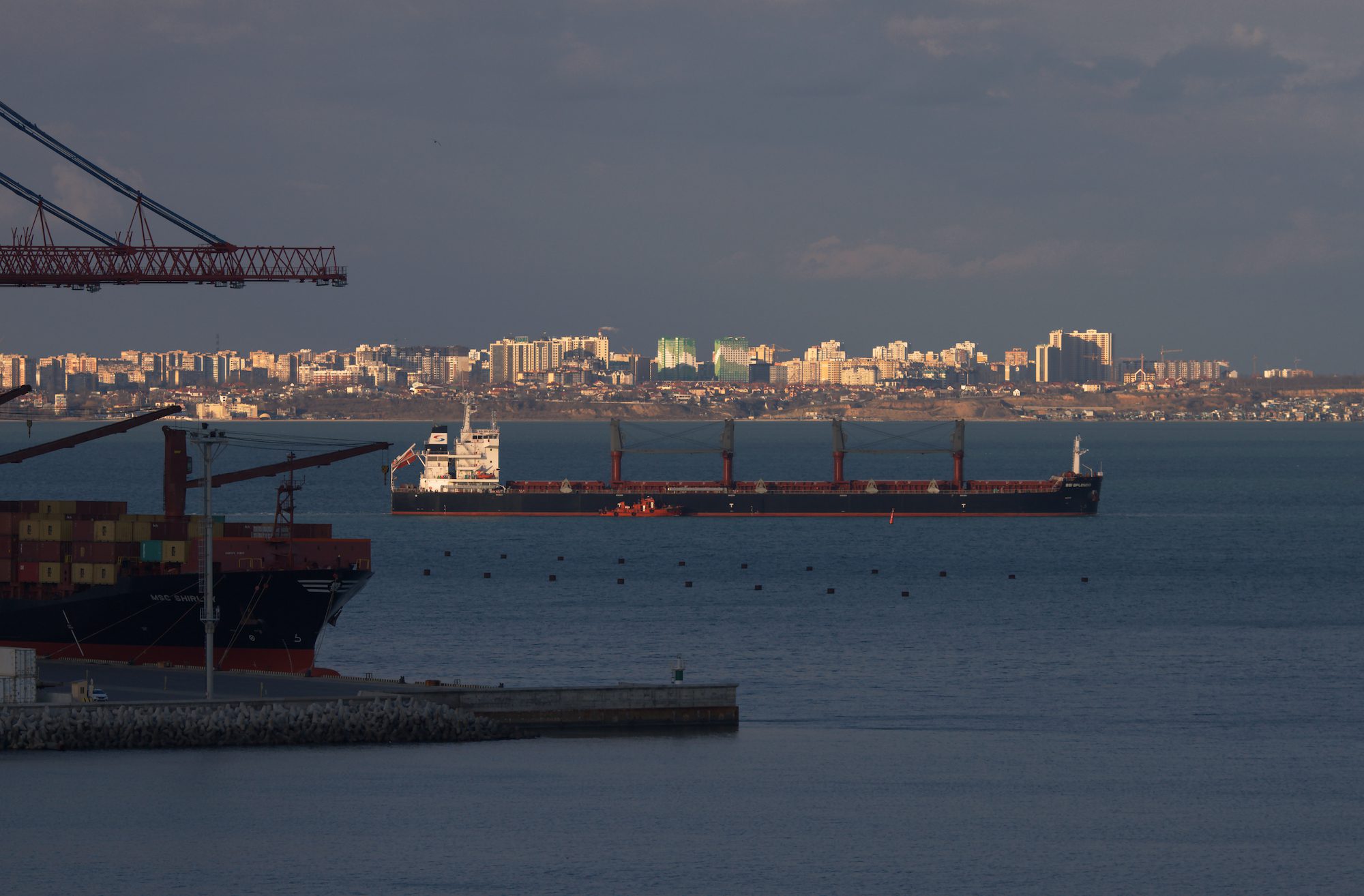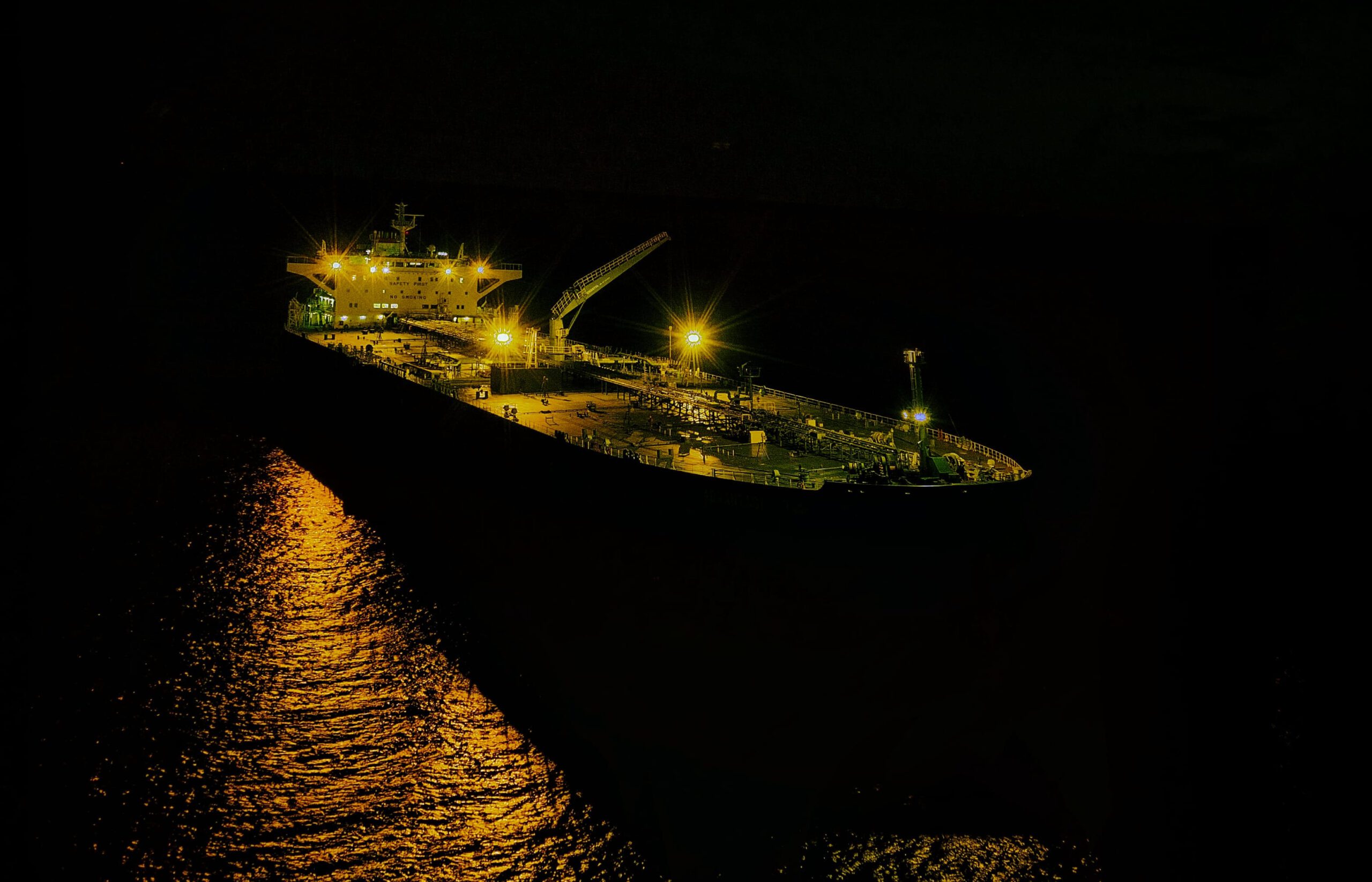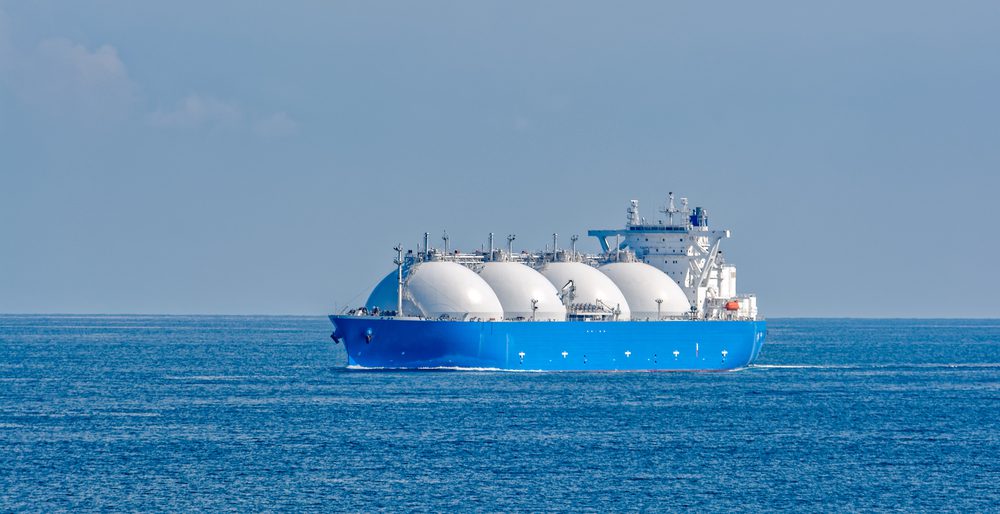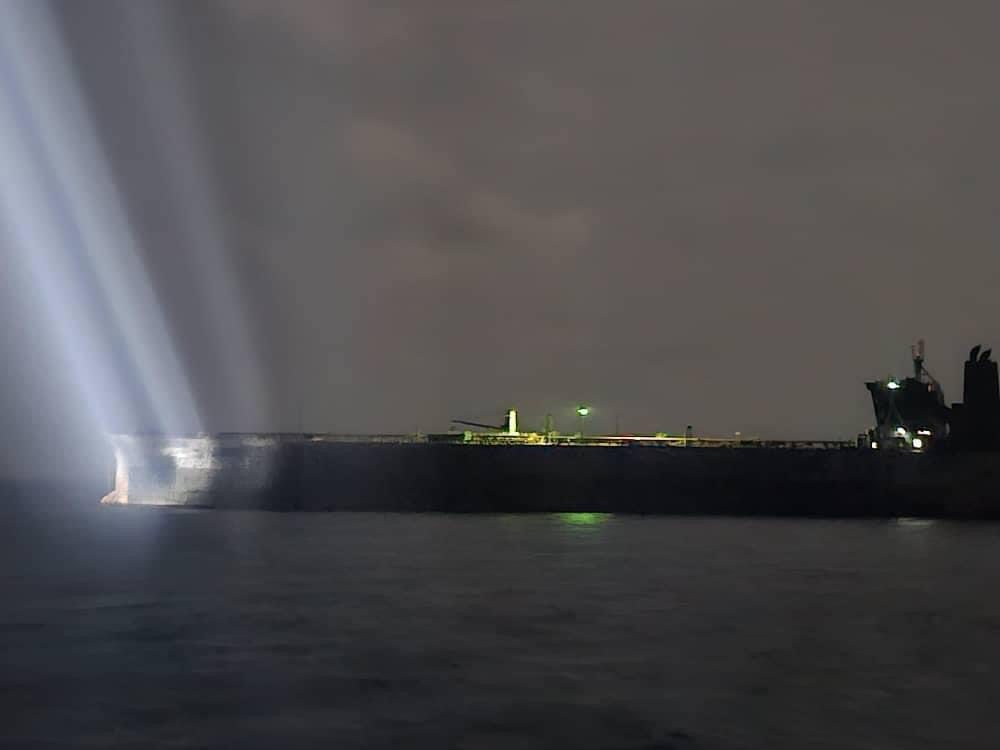By Áine Quinn (Bloomberg) —
Removing sea mines near Ukraine’s key ports could take months, and hundreds of seafarers are still stranded in the region following Russia’s invasion of the country, according to the United Nations agency responsible for shipping safety.
“Even if the ports wanted to reopen tomorrow it would take some time until ships could enter or depart,” Peter Adams, special advisor on maritime security at the International Maritime Organization, said in an interview. “Completely removing sea mines in the port areas would take several months.”
Russian ships have blocked Ukraine’s Black Sea access, essentially halting seaborne exports of staples from grains to chicken and worsening a global food crisis. Moscow has denied responsibility for the disruption, blaming Ukraine for refusing to remove mines protecting its harbors from possible Russian attacks. Efforts to reopen the ports are stumbling, with no sign of progress from Turkey’s efforts to broker a deal.
Freight and insurance costs spiked after several merchant ships were hit in the early days of Russia’s invasion, and some shipping companies are still avoiding the Black Sea. Three mines were detected free-floating in March, two off the coast of Turkey and one near Romania. In the northwest of the Black Sea near Ukraine, commercial ships have stopped operating, according to Adams.
Some 450 foreign seafarers remain stranded on over 80 ships in Ukrainian ports, down from about 2,000, he said. A third are from the Philippines, with substantial numbers also from Turkey, Syria and Azerbaijan.
Still, most of the Black Sea is back to near normal shipping levels, aside from the northwest and the Sea of Azov, where Russian ships are mainly operating, he added. Ukraine lost access to the Sea of Azov after Russia occupied nearby territories.
Meanwhile, the number of Libyan-flagged vessels calling at Russian ports has increased since April 1 compared to the same period last year, while the number of Russian-flagged ships doing so has doubled, according to Braemar ACM Shipbroking Pte. Those vessels are able to take advantage of elevated freight rates since other ships won’t call at Russia, the company said.
© 2022 Bloomberg L.P.

 Join The Club
Join The Club











